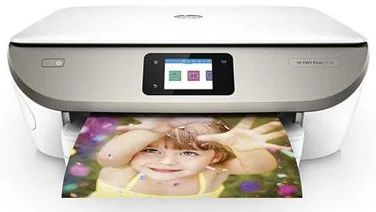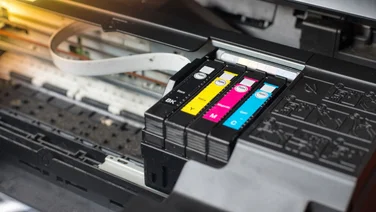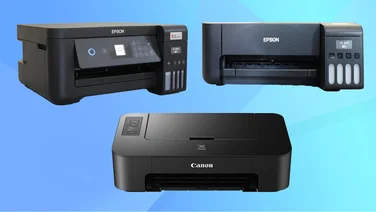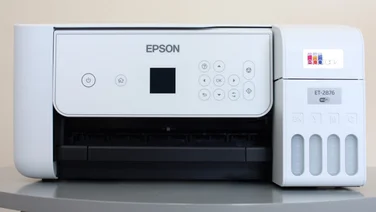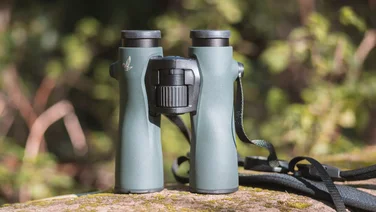To help us provide you with free impartial advice, we may earn a commission if you buy through links on our site. Learn more









As mainstream compact digital cameras continue on their ludicrous megapixel arms race, it’s reassuring to see sense prevail among the small clutch of compact cameras aimed at enthusiasts. Whereas the Nikon P6000 used a 13.5-megapixel sensor, the P7000 has dropped down to 10 megapixels to strike a better balance between detail and noise levels. The sensor diameter remains at 1/1.7in, giving 50 per cent more surface area than most compact cameras’ 1/2.3in sensors.
Rival cameras, such as the Canon S95 and Panasonic LX5, have similarly specified sensors, and most pair them with wide-aperture lenses to further boost low-light performance. The P7000 takes a different tack, with an unremarkable f/2.8-5.6 aperture but a more generous 7.1x zoom range.

The revamped design looks uncannily like a Canon G-series camera, with a dial for exposure compensation and three others for fast access to other settings. That’s the idea anyway – sadly the reality wasn’t quite so impressive. The top-mounted dial lets the user choose between six functions before pressing the central button to bring up the selection on the screen, but there was a one-second lag between pressing and the function appearing. That may not sound like much but is infuriatingly sluggish for a camera this expensive. Exiting the main menu was even worse, taking over two seconds to return to the live preview. Otherwise, performance was unexceptional, with 1.9 seconds between shots and a 1.4fps continuous mode.

There are many features and options, including an exposure/focus lock button, an integrated neutral-density filter, digital spirit level and microphone socket for the video mode. There’s a proper neck strap rather than the usual wrist strap, but the clips to attach it make the handgrip a little uncomfortable. There’s an optical viewfinder too but it’s small, heavily cropped compared to the captured image and suffers badly from distortion and chromatic aberrations. We stuck with the excellent 3in, 921,000-pixel screen.

Photos were extremely sharp and noise-free in bright light, with sumptuous colours and barely any chromatic aberrations. Quality remained excellent to ISO 800, with ISO 1600 and 3200 good enough for casual shots. That’s typical for these cameras, though, and the f/2.8 lens demands double the ISO speed compared to the f/2 lenses used elsewhere. The lens also suffered from distortion at the extremes of its focal length range, although enabling Distortion Control in the menu fixed it and didn’t damage performance. This isn’t applied during video recording, though. Video picture quality was otherwise excellent but enabling continuous autofocus spoiled the soundtrack a little.

Enthusiasts’ compact cameras are under threat from the falling prices and increasing maturity of compact interchangeable-lens cameras such as the excellent Sony NEX-5. There’s still life in the format but the P7000 isn’t the best example. The 7.1x zoom range is welcome but its sluggish menus and f/2.8 lens mean the Canon S95 and Panasonic LX5 are both more attractive options.
